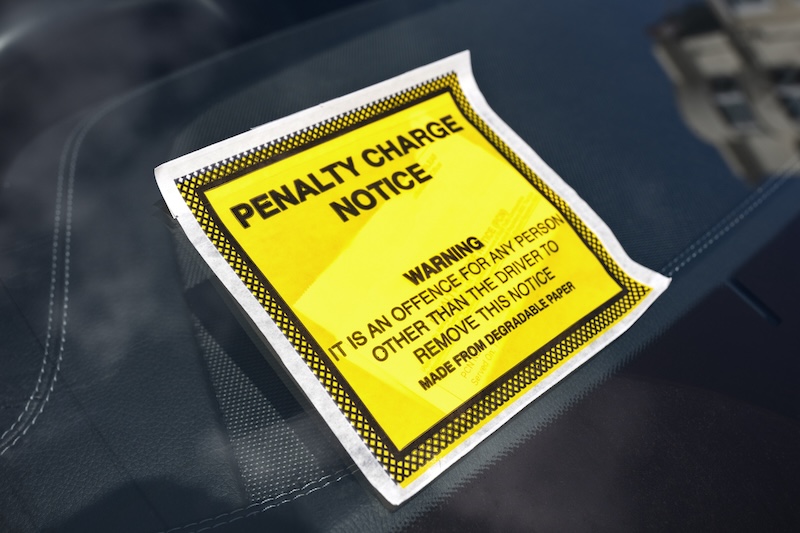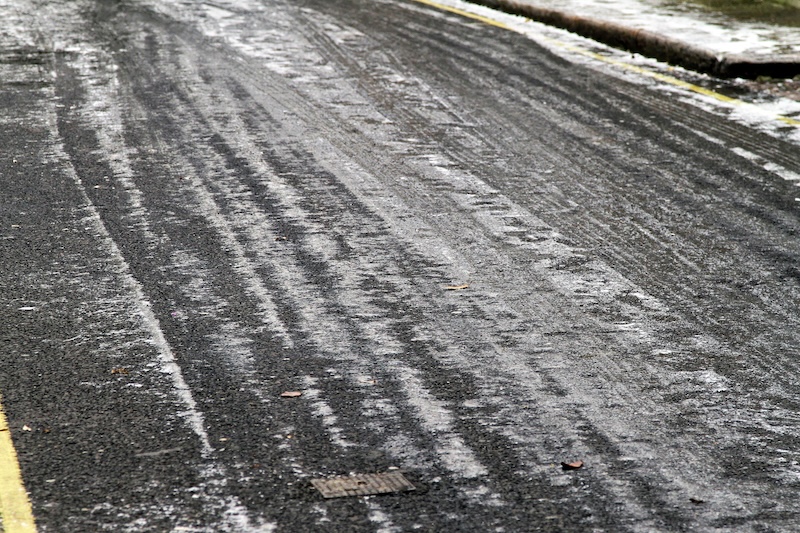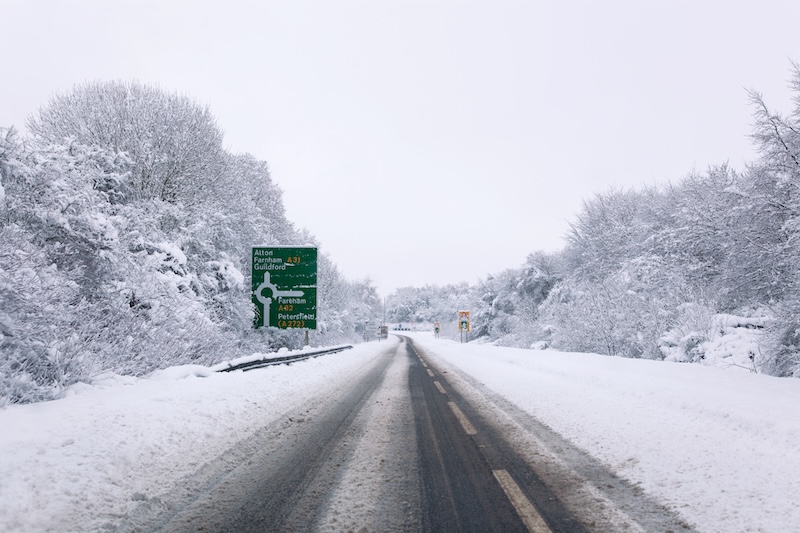Most common fines and how to avoid them

4 million PCNs were referred to bailiffs in the 2023/2024 financial year
Drivers can be slapped with a fine for many reasons, however, most of them are easily avoided. Here’s what you should know about the most common driving fines.
Parking tickets
There are three main types of parking tickets you need to be aware of.
Fixed penalty notice
A fixed penalty notice (FPN) is issued by the police, the local council or the Driver and Vehicle Standards Agency (DVSA). If you are parked illegally, a police officer or official from the local council or DVSA could leave an FPN on your windscreen. You would then have to either appeal this or pay the fine.
FPNs can also be issued for things such as speeding, dangerous driving, and driving under the influence.
The easiest way to avoid this fine is to double check that you’re not parked illegally. However, if there is insufficient signage (ie double yellow lines are too faded) you’ll be able to appeal your fine. You can also appeal if the ticket was issued incorrectly, and you are parked legally.
You can also appeal if you’ve received an FPN on a car that’s been stolen from you, if you suffered a vehicle breakdown or if you were travelling for urgent medical treatment.
Penalty charge notice
A penalty charge notice (PCN) is usually issued by a local traffic warden. They are normally for parking offences, but can also be issued for breaking driving rules like going against a ‘no right turn’ sign. You may also receive a PCN for failing to pay the London Congestion Charge and other similar charges.
If you feel you have been unfairly fined, you’ll be able to appeal your ticket. Fines have a 28-day window to pay, which you can also use to appeal the fine. You’ll need evidence that the fine was issued incorrectly, and you’ll have to send it to the relevant authority.
Don’t be surprised if your appeal is rejected, you’re entitled to appeal again. If you continue to get rejected, you may want to consider taking the matter to court. However, you should only do this if you are certain the fine has been incorrectly issued.
Private parking fines
You may also receive a ‘ticket’ from a private organisation when you park on private land. This can include supermarkets and restaurants.
While they are often called fines, they are actually invoices requesting payment due to a perceived breach in agreement between the car park owner and the driver. For example, many supermarkets have a two– hour maximum stay limit; if you exceed this, you may receive one of these ‘fines’.
They are disputable, however you may find the easiest way to avoid this is to just make sure you do not overstay your welcome.
Speeding
Speeding is still the most common driving offence in the UK. The minimum penalty for speeding is a £100 fine and 3 points on your licence.
Driving within the speed limit is the easiest, and safest, way to avoid a speeding fine. However, if the speed limit is not clearly marked on the road you’re driving on, you should stick to a lower speed to be on the safe side.
Similarly, if you haven’t driven past a speed limit sign in a while and can’t remember if the last one said 40 or 50, stick with the lower number.
Depending on how far over the speed limit you are, you may be offered a speed awareness course instead of a fine or points. If you’ve attended a speed awareness course in the past 3 years, you will not be offered this option.
Mobile phone use
It is illegal to use your mobile phone while driving, even if your vehicle is stationary or you’re driving a car that turns off the engine when you stop moving. If you are caught using your phone, you could receive a £200 on-the-spot fine and up to 6 points on your licence.
However, you can use devices as long as you’re not physically holding them, as it counts as hands-free. This can include Bluetooth headsets, voice commands, a dashboard mount for your phone and tech built into your car. The only condition for this is that whatever you’re using doesn’t obstruct your view of the road.
Driving under the influence
Driving under the influence of drugs or alcohol is extremely dangerous. Here are the consequences you may face for driving, or trying to drive under the influence of alcohol or drugs:
Alcohol
Being in charge of a vehicle
- 3 months’ imprisonment
- up to £2,500 fine
- a possible driving ban
Driving or attempting to drive:
- 6 months’ imprisonment
- an unlimited fine
- a ban from driving for at least 1 year (3 years if convicted twice in 10 years)
Refusing to provide a specimen or breath, blood or urine:
- 6 months’ imprisonment
- an unlimited fine
- a ban from driving for at least 1 year (3 years if convicted twice in 10 years)
Causing death by careless driving:
- life imprisonment
- an unlimited fine
- a ban from driving for at least 5 years
- an extended driving test before your licence is returned
You will not automatically get your licence back if you are a high-risk offender.
Many people fall into the trap of thinking they are fine to drive the morning after drinking, which may turn out to not be true. Depending on how much alcohol you’ve consumed, you may still be above the legal driving limit.
The best choice is to avoid driving entirely for at least 24 hours after you’ve been drinking.
Drugs
It’s illegal to drive if:
- You’re unfit to do so because you’re on legal or illegal drugs
- You have certain levels of illegal drugs in your system, even if it hasn’t affected your driving.
Legal drugs are prescription or over-the-counter medicines.
Prescription drugs
It’s illegal in England, Scotland and Wales to drive with legal drugs in your system if it impairs your driving.
Talk to your doctor about whether you should drive if you’ve been prescribed any of the following drugs:
- amphetamine, for example dexamphetamine or selegiline
- clonazepam
- diazepam
- flunitrazepam
- lorazepam
- methadone
- morphine or opiate and opioid-based drugs, for example codeine, tramadol or fentanyl
- oxazepam
- temazepam
You can drive after taking these drugs if:
- you’ve been prescribed them and followed advice on how to take them by a healthcare professional
- they are not causing you to be unfit to drive even if you’re above the specified limits.
If you’re convicted of drug driving, you may get:
- a minimum 1 year driving ban
- an unlimited fine
- up to 6 months in prison
- a criminal record
Your driving licence will also show you’ve been convicted for drug driving. This will last for 11 years.
The maximum penalty for causing death by careless driving under the influence of drugs is life imprisonment.
Check out our blog on hands-free tech if you’d like more information.


